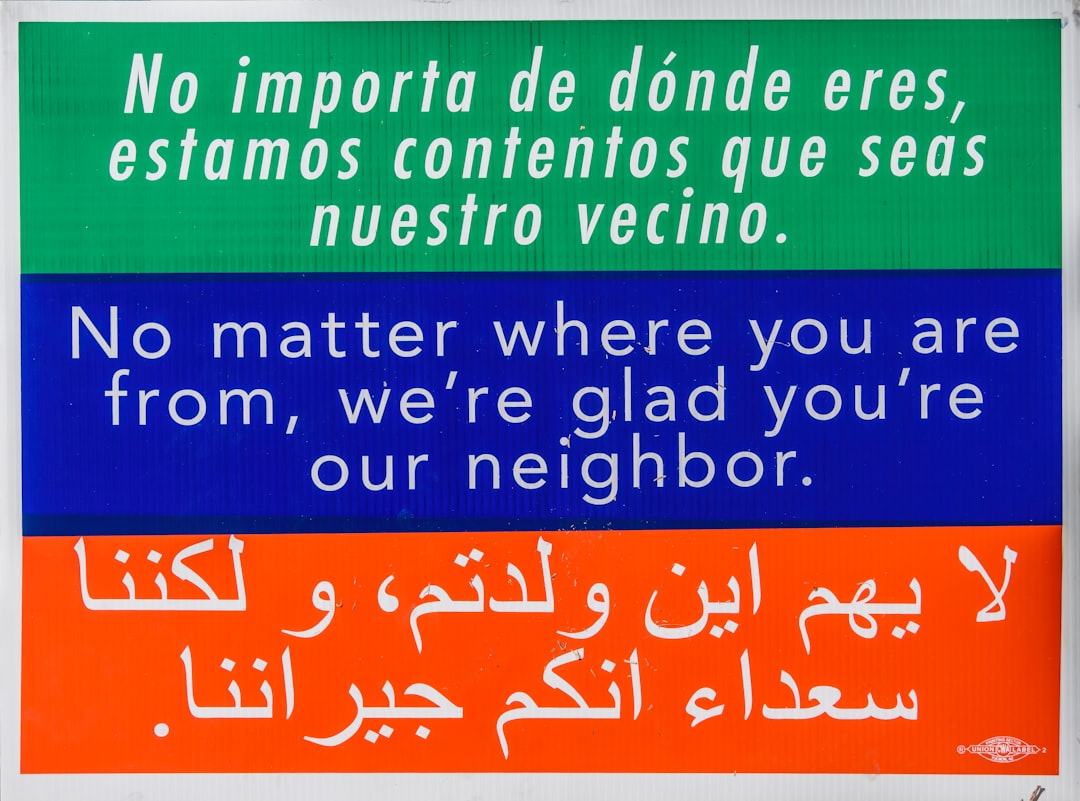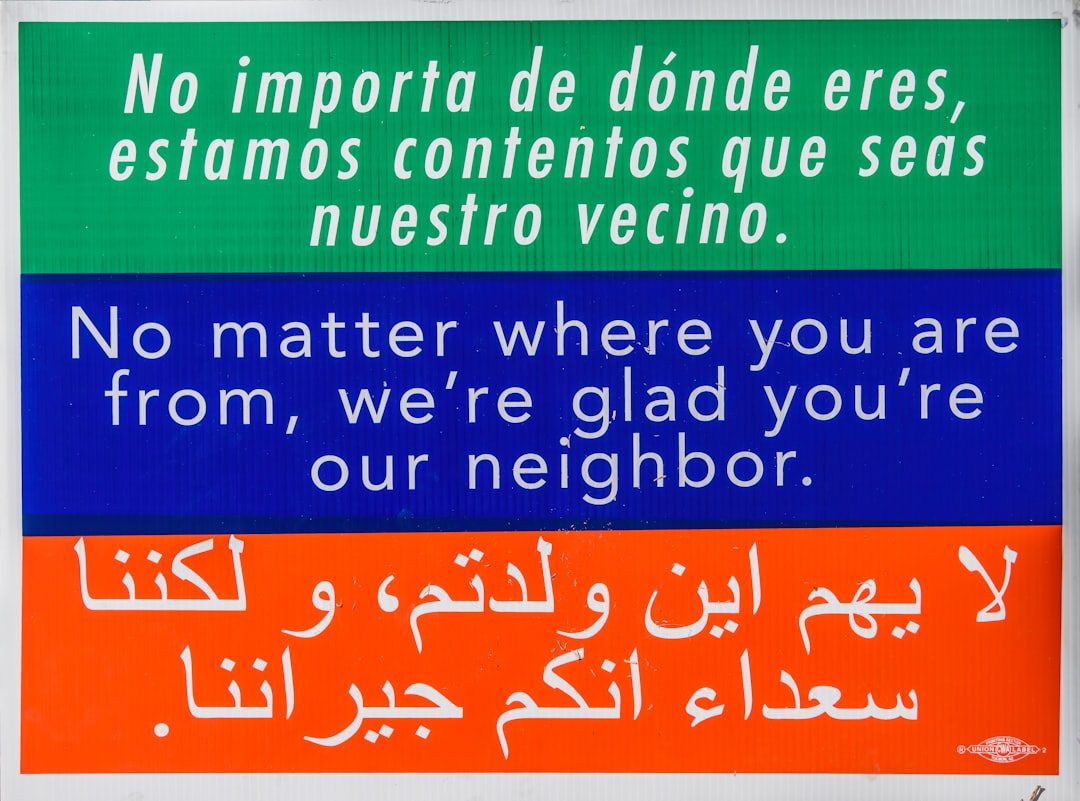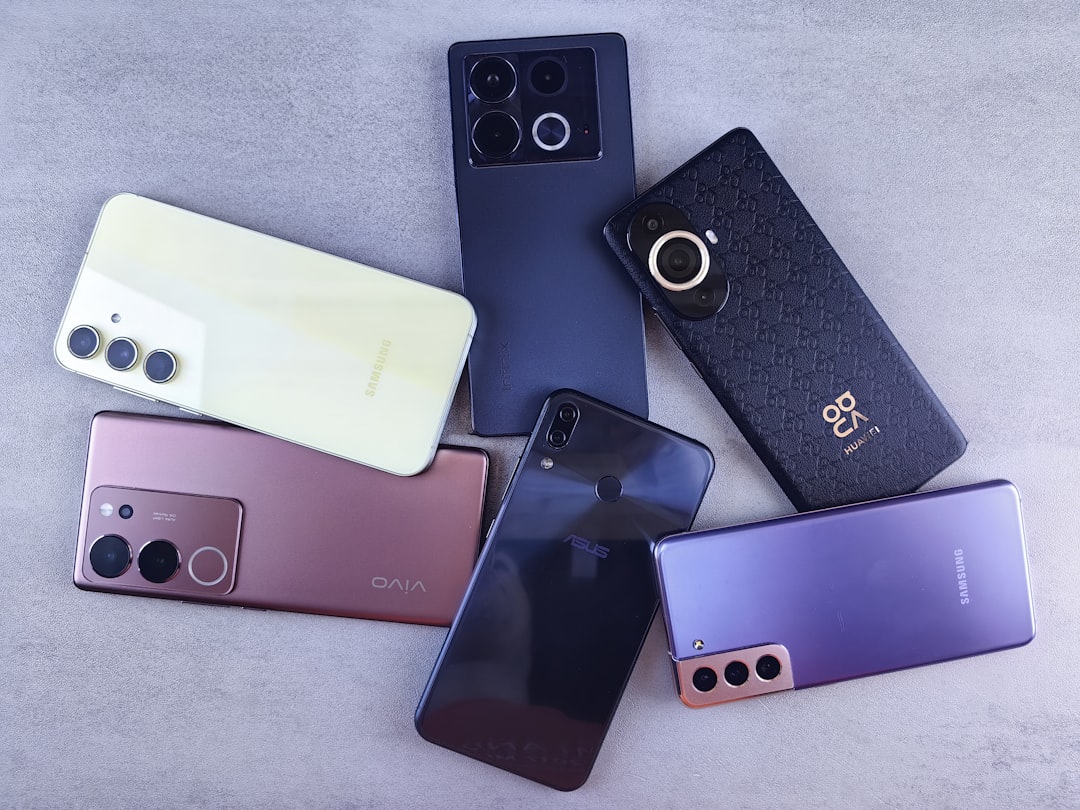IELTS Speaking Practice: Future Plans

Speaking Part 1
Q1: What are your plans for the future?
I’ve got quite a few plans sketched out. Firstly, I’m planning to complete my post-graduation in the coming years. After that, I want to gain some practical experience in my field of study, which will hopefully catapult me into a successful career. Lastly, I aspire to do some travelling and explore different cultures around the world.
• Sketched out → Đã lên kế hoạch
• Catapult me → Đẩy tôi lên
• Aspire to → Khát vọng, mong muốn
Q2: Are you looking forward to anything in particular?
Absolutely, I’m really looking forward to travelling. I’ve always been enthralled by the idea of immersing myself in different cultures and experiencing life from a different viewpoint. I think it’s an excellent way to broaden one’s horizons.
• Looking forward to → Mong chờ, trông đợi
• Enthralled by → Say mê, mê hoặc
• Broaden one’s horizons → Mở rộng kiến thức, tầm hiểu biết
Q3: Do you think it’s important to make plans for the future? Why?
Certainly. Making plans for the future acts as a roadmap guiding us towards our goals. It provides a sense of direction and purpose in life, and it helps us to stay focused and motivated. Without plans, we might find ourselves drifting aimlessly.
• Acts as a roadmap → Hoạt động như một bản đồ hướng dẫn
• Sense of direction → Cảm giác hướng đi, mục tiêu
• Drifting aimlessly → Trôi dạt mục đích
Exercises
- 1. I’m really ______ to travelling after I finish my studies.
- 2. She has her future all ______ out.
- 3. Without plans, people might find themselves ______ aimlessly.
- 4. His success in the competition really ______ him into the spotlight.
- 5. Travelling is an excellent way to ______ one’s horizons.
- 6. I ______ to become a successful entrepreneur in the future.
- 7. Having a plan ______ as a roadmap to success.
- 8. He was ______ by the idea of studying abroad.
- 9. A clear plan provides a ______ of direction in life.
- 10. I’ve got a few plans ______ out for my future.
Answers
- 1. Looking forward
- 2. Sketched
- 3. Drifting
- 4. Catapulted
- 5. Broaden
- 6. Aspire
- 7. Acts
- 8. Enthralled
- 9. Sense
- 10. Sketched








